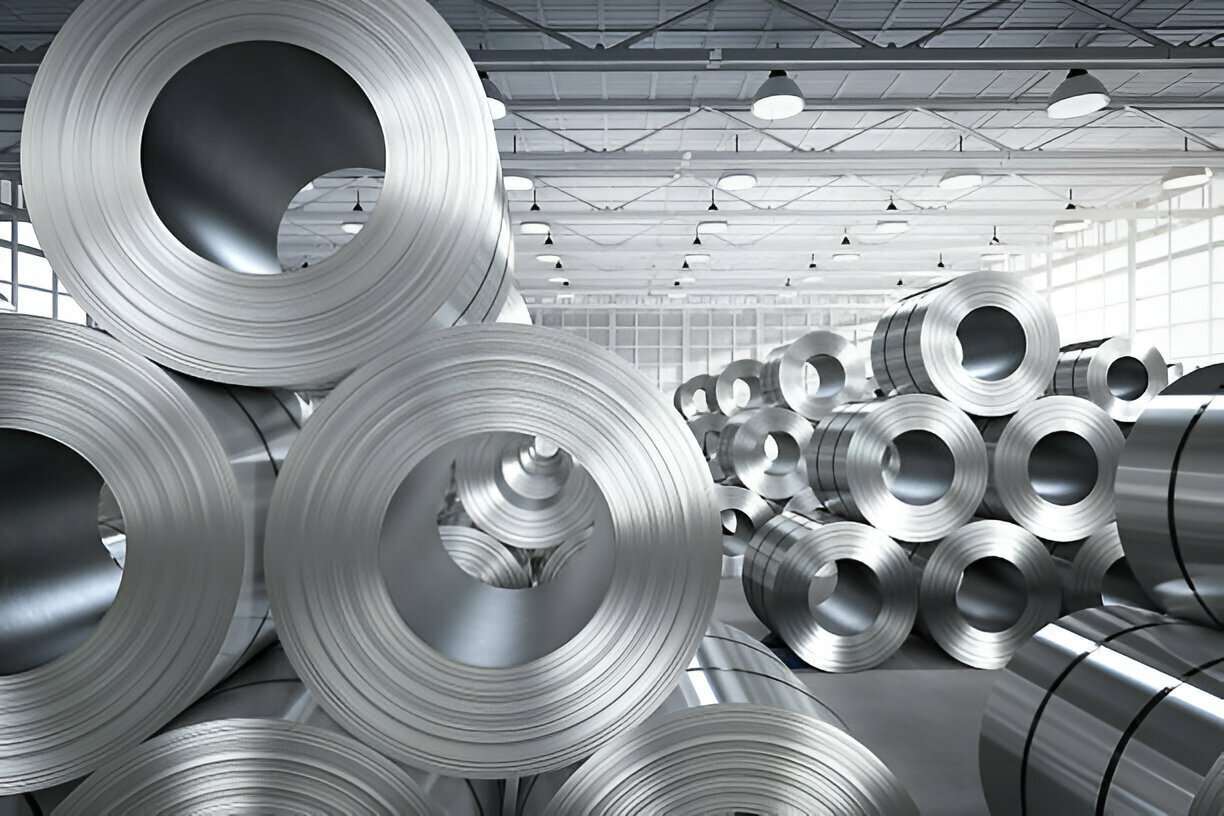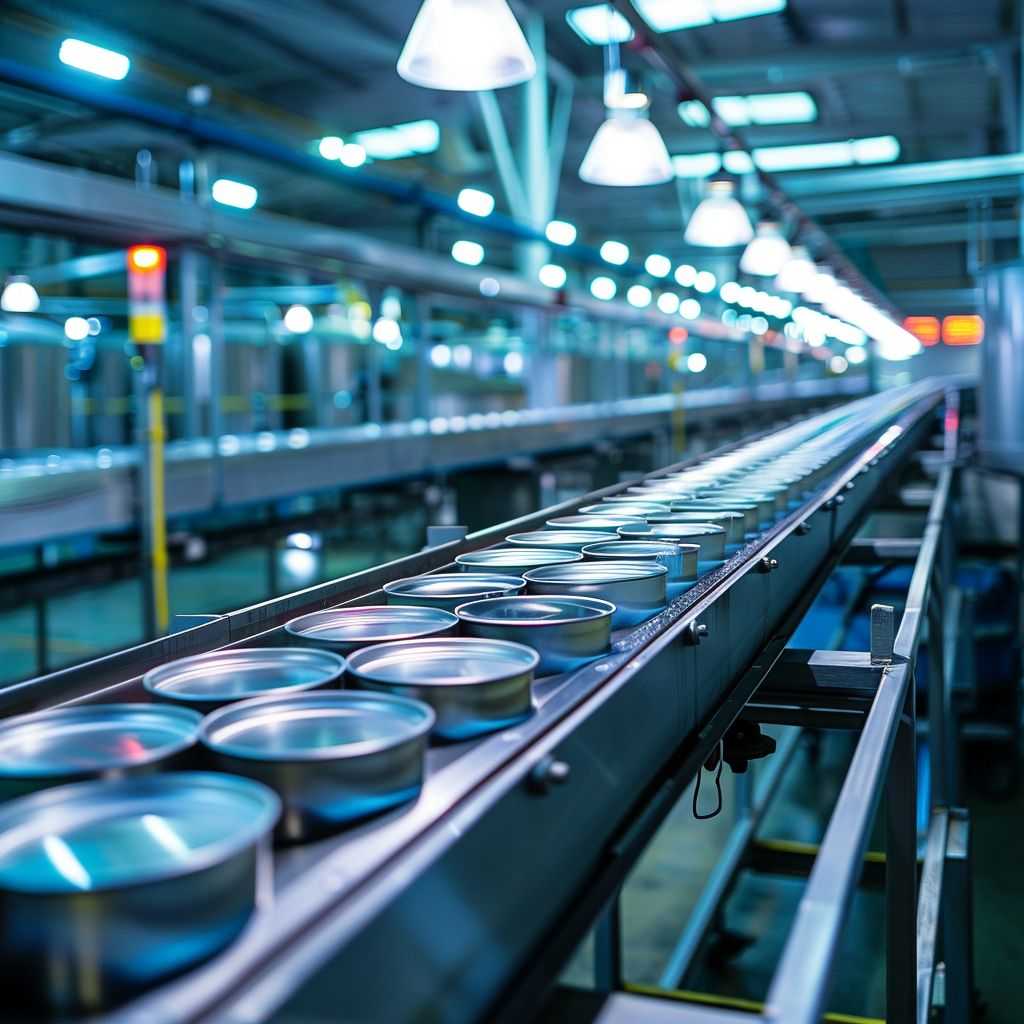Stainless steel is a popular material choice due to its strength and resistance to rust formation. It contains high levels of chromium which prevents iron from reacting with oxygen and thus avoiding the formation of rust.
However, not all metals have the same corrosion-resistance. In this article we’ll look at six metals that don’t rust and why.
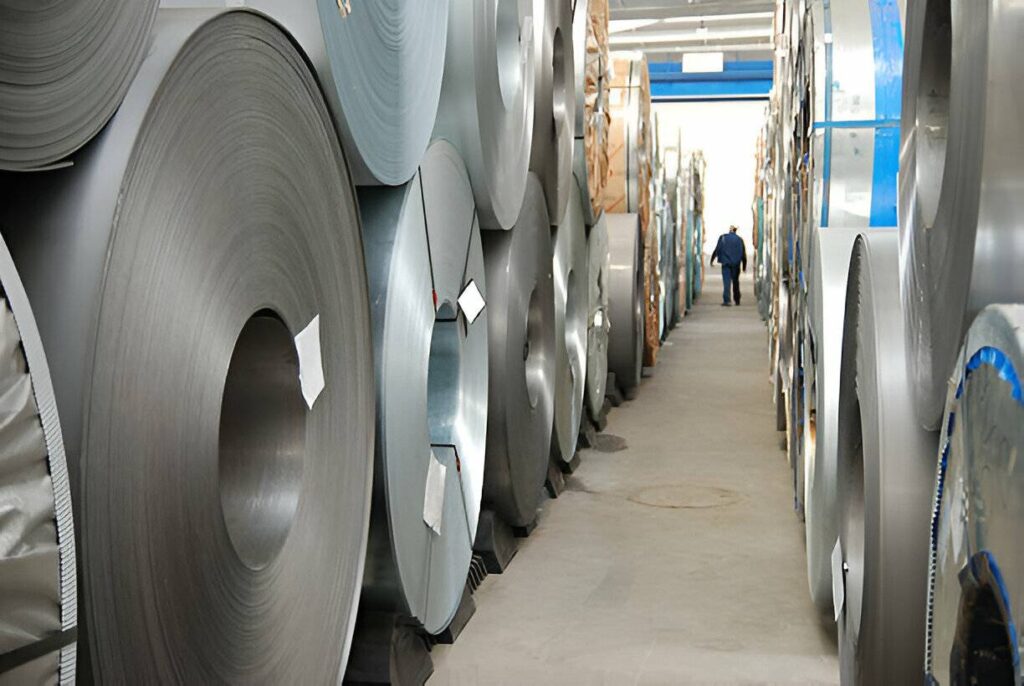
Stainless steel
No matter the material being handled, preventing corrosion should always be top of mind when working with steel sheet, bar, or other metals. One effective strategy to achieve this goal is using protective coatings as a barrier between alloy and moisture-laden air, helping any existing corrosion from spreading or deepening further.
Stainless steel is often considered one of the best alloys to resist rust due to its high content of chromium, which forms a “passive film” on its surface that prevents oxidation and corrosion. Other elements in its alloy composition like nickel and molybdenum contribute to this resistance and make stainless steel much more resistant than other forms of metal oxidation (particularly iron).
However, the type of chromium present in stainless steel alloy is vitally important. Different grades have differing corrosion resistance levels so it is essential that you consider how you will use your alloy before purchasing it. Lower chromium content grades such as 300 series stainless are more prone to corrosion than higher grade types like 400 series and 500 series alloys as their higher content creates stronger passive films which are less likely to be damaged or flake off over time.
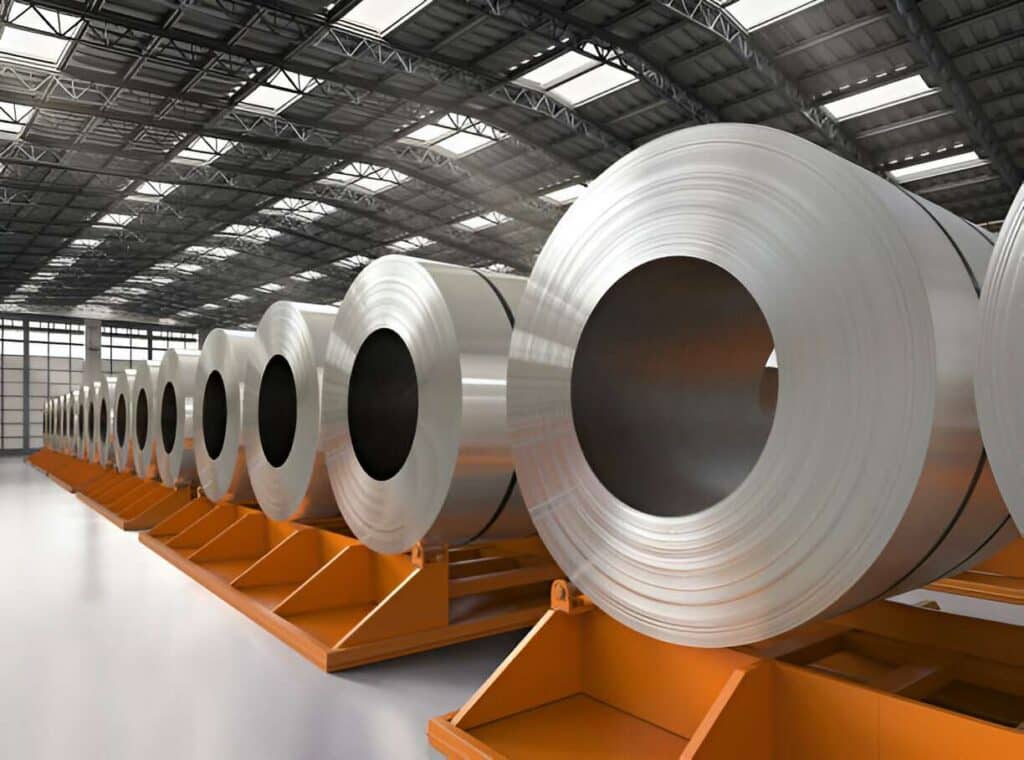
When selecting the ideal steel to avoid rust, it is important to carefully consider its corrosion resistance in relation to its strength and other properties. If you require a strong and durable alloy with great corrosion resistance, such as martensitic or duplex stainless steels – such as cargo tanks for ships and trucks, transport vessels, bio-fuel production facilities and desalination plants – martensitic or duplex stainless steel grades could be ideal options.
Weathering or COR-TEN steel offers both excellent corrosion resistance and strength, making it a popular choice among those searching for both. It has been treated with copper, chromium and nickel-molybdenum alloys in order to increase atmospheric corrosion resistance – this makes it popularly used in street furniture as well as more upmarket works of art such as signs, chimineas and fire bowls.
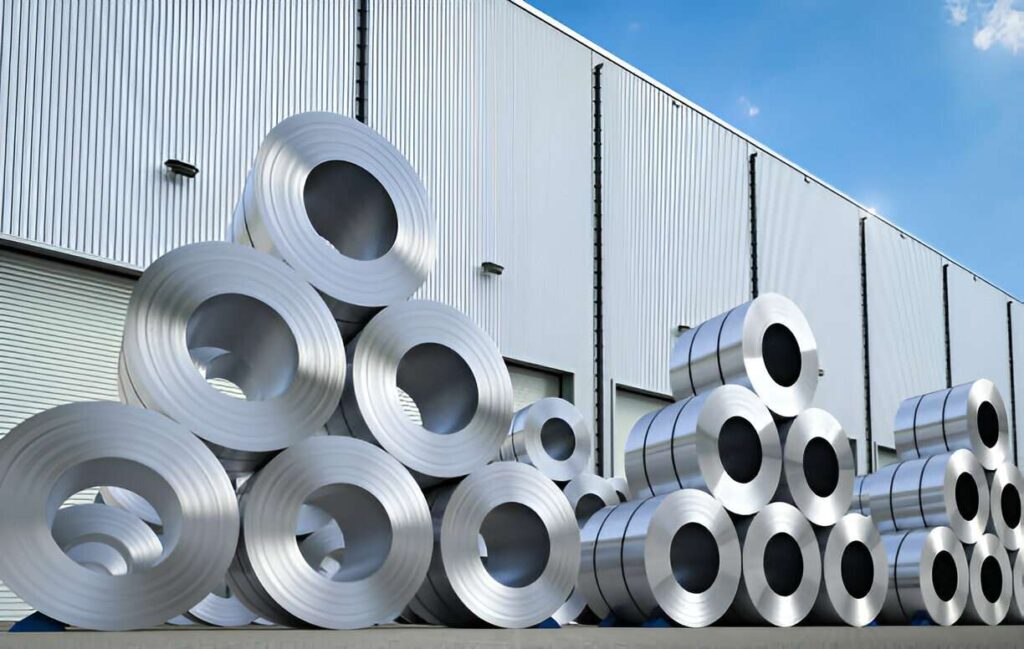
Galvanized steel
Galvanized steel is standard iron steel coated with zinc to increase corrosion resistance. Zinc acts as a sacrificial metal by reacting with oxygen to form a protective barrier over its iron base and thus helping galvanized steel resist rust even under extreme environmental conditions or humidity levels.
Corrosion can be caused by many factors, including material type, temperature, welding techniques and environmental conditions. Therefore, it’s crucial that materials chosen match both their intended use and environment – alloys offer additional advantages over their metal counterparts such as strength, toughness, conductivity and aesthetics that prevent corrosion.
Stainless steel is an alloy composed of at least 11% chromium that forms an impenetrable layer of corrosion-resistant chromium oxide on its surface, providing corrosion protection for extended use in construction projects that demand durability and long lifespan. As this layer can be damaged over time but reformed eventually, stainless steel makes an ideal material choice for construction projects requiring longevity and resilience.
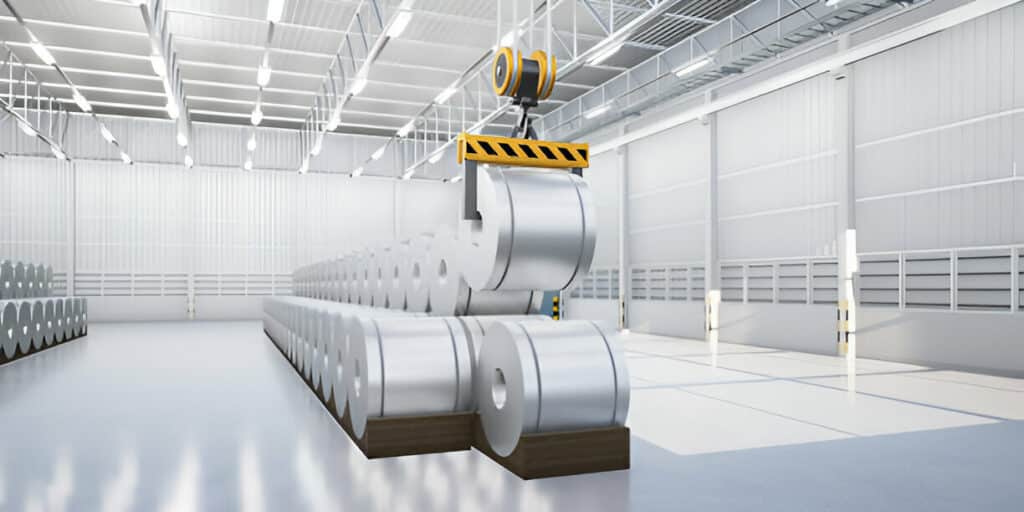
Copper is another alloy that helps prevent rusting by creating a thick protective oxide coating on its surface. This layer can withstand being scratched or scraped without suffering damage; making this material popularly used in plumbing and heating systems as it doesn’t contaminate water sources.
Although some alloys may resist rust altogether, most will corrode in time. Rusting is natural and must be considered when considering how different alloys rust at different rates in similar environments; COR-TEN steel will typically corrode more rapidly than others.
As such, it is critical that steel products are stored and handled carefully to decrease the risk of rusting. First and foremost, ensure your steel products are clean and dry prior to storing – dirt, oil and other contaminants can accelerate rust formation, so a thorough cleaning with mild detergent and dry wiping with a clean lint-free cloth are an ideal way to ensure metal is free of contaminants – then take further measures against corrosion!
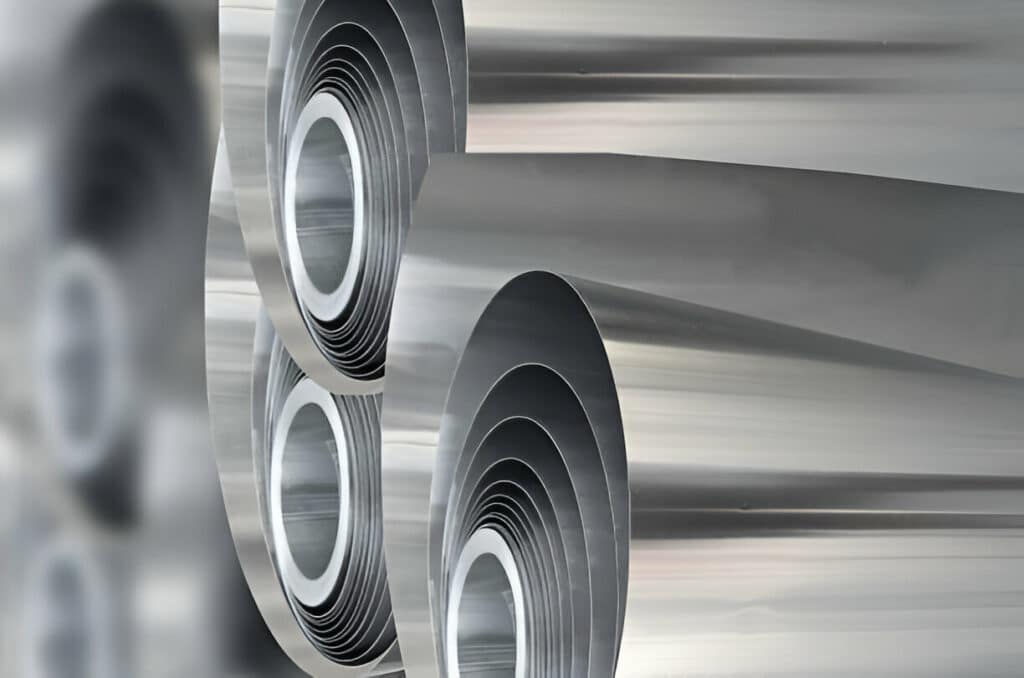
Copper
If you want your steel products to be as rust-proof as possible, there are a few steps that can be taken both during fabrication and after installation to help make them as resistant. First off, ensure the alloy does not come into prolonged contact with oxygen and moisture for extended periods, secondly keeping metal products indoors as much as possible with protective coatings, thirdly routine cleaning with anticorrosive solutions and lastly restrict exposure to any harsh corrosive chemicals.
Copper contains very little iron and therefore doesn’t rust; rather, its surface oxidizes slowly over time to form a green patina that protects it against further corrosion. Bronze, which contains both copper and tin, also stands up well to corrosion.
Copper has long been preferred over iron for various applications due to its durability and strength; for example, its use was originally planned on covering the Statue of Liberty with brown skin that has since turned green over time. Copper is also the primary material used to manufacture high-precision atomic clocks and widely used in plumbing, electrical wiring and automobile manufacturing as well as consumer goods manufacturing.
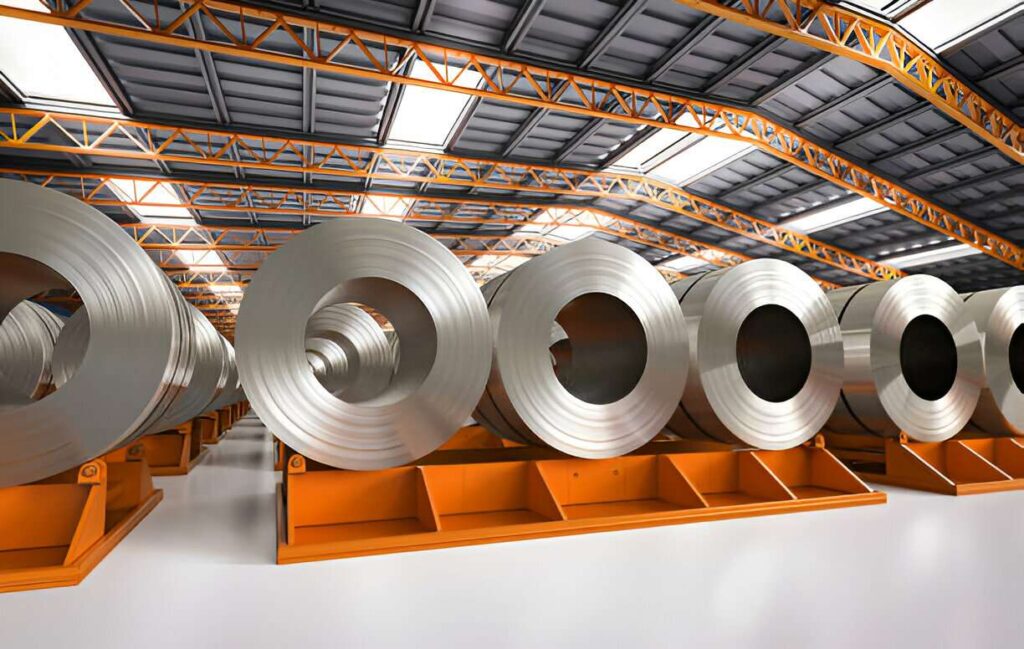
Stainless steel alloys such as 304 and 316 are among the most rust-resistant steels on the market due to the presence of chromium, which acts as an oxidation protector and makes these steels far more rustproof than their regular counterparts.
Galvanized steel is another great way to prevent rust, thanks to being coated with zinc which reacts with oxygen and water to form a Zinc Oxide barrier that protects it. Galvanized steel can withstand harsh environments like acid rain or coastal moisture much better than untreated carbon steel and is extremely durable, lasting many abrasions with ease – commonly found in industrial construction as well as outdoor furniture production like chairs chimineas and signs.
Bronze
Bronze is an alloy composed of copper and tin that forms an extremely hard and resilient metal, making it the perfect material to use for applications that require something strong that won’t easily wear down under pressure. Plus, bronze’s corrosion-resistance means it will stand up well in harsh environments such as saltwater, acids, chlorine and high temperatures.
While bronze may not be entirely immune from rusting, its iron content makes it less likely to react with oxygen and thus is less likely to oxidize over time. Even so, bronze will eventually rust.
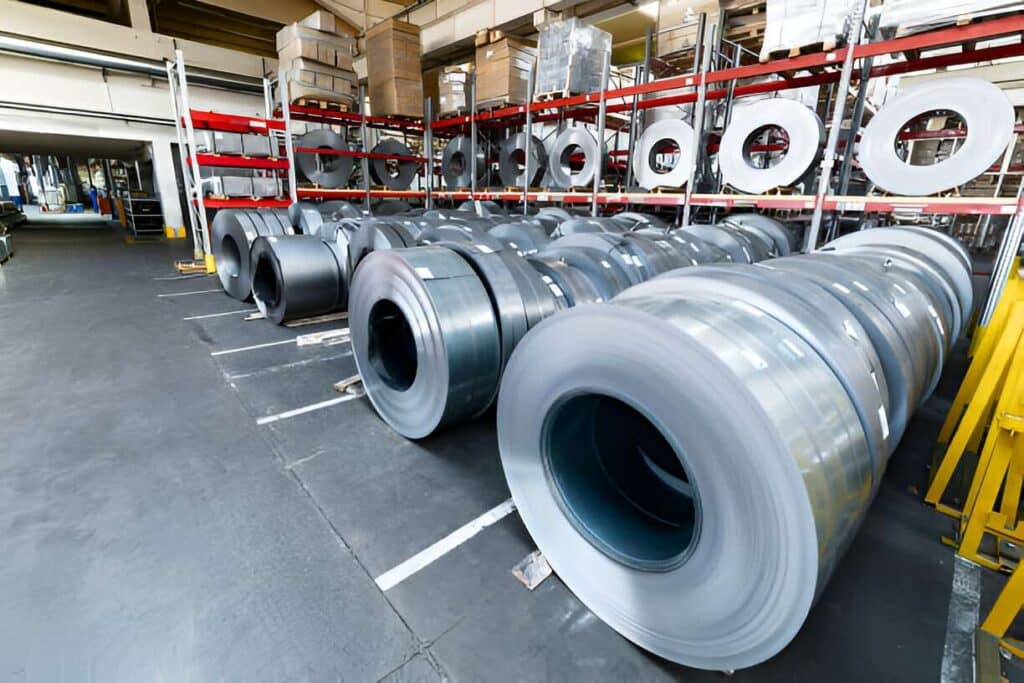
Like any metal, unprotected raw bronze will eventually oxidize over time if left exposed to oxygen in the atmosphere, creating a thin layer of copper oxide on its surface. This process is what causes copper pennies’ specular finish to change to its dull red-brown hue over time – not because of rust, but rather as part of a normal and beneficial process that strengthens corrosion resistance of steel.
Bronze is a strong and hardy metal, as well as being easy to work with. Forged, turned, or milled to any shape or size desired. Furthermore, it resists wear more effectively than stainless steel; making bronze an excellent choice for heavy machinery and tools.
Other alloys that can resist rust include nickel, which is commonly found in stainless steel. Chromium also aids in resisting rust by reacting with oxygen before iron does and creating an oxide coating of chromium that protects underlying steel surfaces from rust formation.
Avoiding rust can be difficult, but there are steps that can be taken to help protect steel from it. One step is making sure it’s always clean and dry before storage or use, to eliminate dirt, grease or moisture that could accelerate rust formation. Another solution for protecting steel against rust formation is adding an anti-rust coating; this will stop rust from damaging the underlying metal surface over time while prolonging its longevity.


